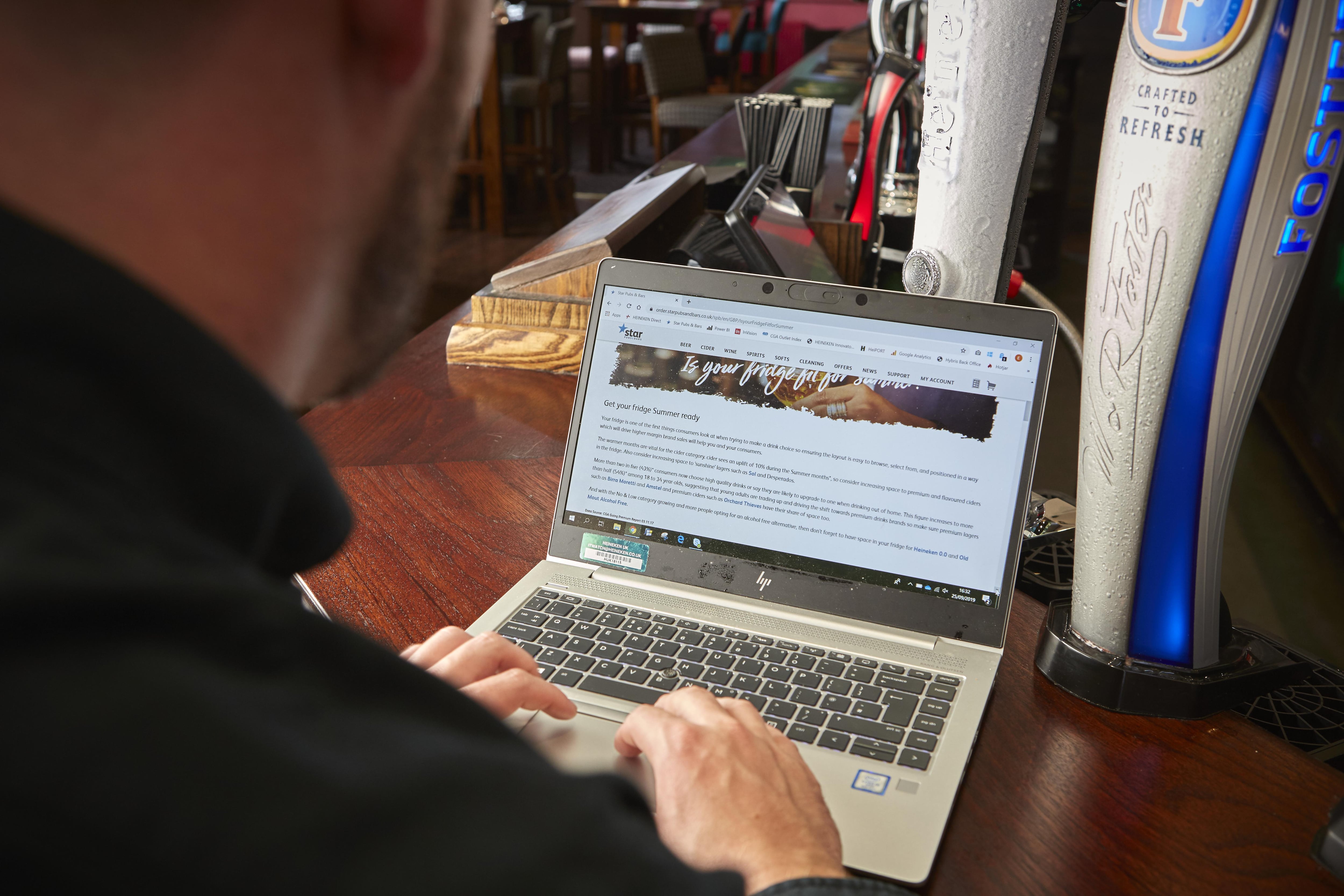A new survey of 350 hospitality staff found that workers are experiencing poor mental health as a direct result of unmanaged stress in their job with an inability to relax (45%), anxiety (44%) and sleep problems (43%) cited as the most common issues. (Source: PPL/PRS).
This follows recent research last month that found that hospitality staff are experiencing burnout and a poor work/life balance.
The study by UK charity Hospitality Action found half of respondents said they have a poor work/life balance and of those, two in three (62%) of junior employees thought that burnout was part of the job.
Tim Bird, owner of Cheshire Cat Pubs & Inns said it is important to be in touch with people working within your business.
“In our business the wellbeing of people has always been woven into what we do and how we behave,” he said.
“You have to create an environment in which people feel they can talk to you about things. You need to be able to create this environment where people are able to talk about what they want and you need to be really flexible with the workforce as well.”
Pressure
He highlighted it was important to understand the pressures staff are under at work and at home.
These can come from anything from dealing with demanding customers in the workplace to juggling domestic and work lives.
“If you are known for brilliant people, you can’t suddenly say we don’t need the brilliant people because you’re dead in the water really.”
Cheshire Cat Pubs & Inns owner Tim Bird
However, increasing costs in the sector has resulted in a conscious effort by many operators to manage staff expenditure.
Recent data has shown that hospitality has accounted for half of job losses since the October Budget.
Bird highlighted the need to cut costs can mean that venues are managing with fewer staff, which in turn can put pressure on them at busy times.
While Cheshire Cat Pubs & Inns has looked at cutting costs across the business, like many others, staffing has not been impacted by this.
“We are having people apply for jobs with us almost to escape from jobs where they’re coming into work and are the only person on duty serving lunch. They can’t do it physically and the customer has been let down,” he said.
“If you are known for brilliant people, you can’t suddenly say we don’t need the brilliant people because you’re dead in the water really.”
The British Institute of Innkeeping (BII) and the Licensed Trade Charity (LTC) recently teamed up to support the mental health of those running businesses in the pub sector.
Building resilience
Steve Alton, BII CEO said: “In recent times, the focus on ensuring mental health and wider wellbeing of ourselves and our teams has been brilliant to see. The impact the Budget has had on pubs has meant this focus is more vital than ever, and building resilience is a key part of that.”
“The recognition of the importance of being able to talk about wellbeing is incredibly positive.”
BII chief executive Steve Alton
He said the partnership with the LTC has enabled the BII to support members with access to not just mental health support and counselling, but also financial advice and housing support.
“Through our Workforce platform we have seen a growing desire from teams for wellbeing support, particularly with the lasting impact of the pandemic on people’s mental health,” he said.
“The recognition of the importance of being able to talk about wellbeing is incredibly positive, as is the rise of support available in our sector. We need to be comfortable having tough conversations with our teams and recognising that wellbeing is about taking care of the individual holistically.”
Meanwhile, Sam Haggar, founder and managing director at The Beautiful Pubs Collective in Leicester, said: “In the long term, it is essential for hospitality leaders to build values-driven businesses where teams feel confident and safe to speak up when stress levels are rising. Without proper support, pressure can quickly become a negative cycle, so recognising the signs early and acting on concerns raised by team members leads to meaningful improvements in both wellbeing and performance.”
The PPL PRS’ survey also revealed hospitality staff were taking action to overcome stress. Music was cited as the number one choice by over a third of respondents (38%). while prioritising rest (28%) and spending time with friends and family (26%) were also seen as important.
Hagger added: “From a passion to meet guest expectations to the continuous hours of multitasking, the hospitality industry - while rewarding - can also be a high-pressure environment to work in. When teams start to feel the pinch, short-term relief such as playing upbeat and positive music can help everyone reset.”




